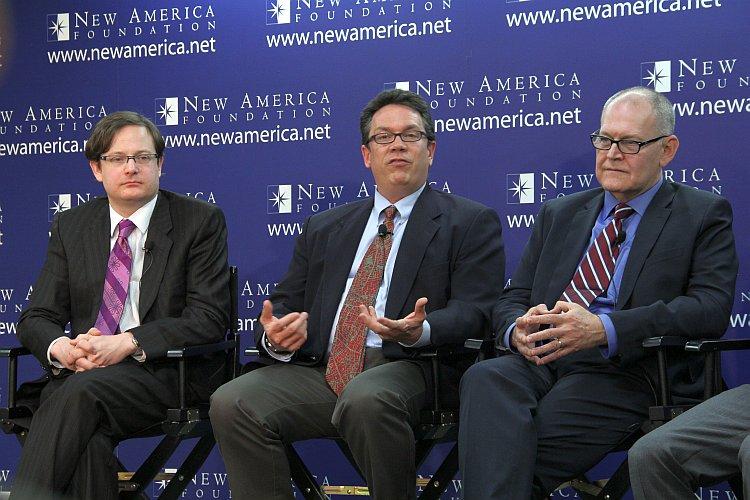Election campaigns always bring about truth stretching, but robust exaggeration has increasingly developed into straight-out lies, even whoppers, which, with the help of the Internet and social media, can go viral within minutes. Enter the factbusters.
Fact-checking teams within media organizations are sprouting up, as are dedicated fact-checking websites, such as FactCheck.org and PolitiFact.com.
The Washington Post and The New York Times, for example, have regular fact-checking columns, usually following a campaign debate or campaign event.
FactCheck.org, a project of the Annenberg Public Policy Center, describes itself as “a nonpartisan, nonprofit ‘consumer advocate’ for voters that aims to reduce the level of deception and confusion in U.S. politics.”
The group looks at a range of issues with snappy headlines like “Gunning Down the Truth in Michigan. Santorum and a pro-Romney PAC battle on the state’s airwaves,” and “Wind Spin. Puffed-up claims from the wind-power lobby. And some opponents.”
PolitiFact.com, an initiative of the Tampa Bay Times, particularly focuses on politics, both state and national. It includes sections like the Obameter, the GOP Pledge-O-Meter, plus the now widely recognized Truth-O-Meter, which rates politicians on six levels, from True to Pants on Fire, defined as “not accurate” and making “a ridiculous claim.”
PolitiFact.com also presents a Lie of the Year award, which in 2010 went to Sara Palin’s Facebook claim that seniors and the disabled would have to face a “death panel” under the Obama health care plan.
Both sites call for input from the public: FactCheck.org encourages Spin Detectors to monitor campaigns and upload suspect campaign materials, while PolitiFact.com calls on people to send in questionable campaign information for analysis.
Essential for Journalists
It is unsurprising that fact-checking grew out of a demand for truth in the media, as journalists, pushed to service hungry websites and instant news, ran out of time to thoroughly analyze what politicians and companies were saying, says Steve Coll from the New American Foundation.
“It is not a top-down initiative of media companies, universities, or not-for-profit owners. It grew out of a marketplace [among journalists] for this dedicated truth-telling and watchdogging,” he said.
Bill Adair, PolitiFact’s editor and Washington Bureau chief for the Tampa Bay Times, says the website was a product of his own guilt in covering political campaigns as a journalist.
“I felt I had been a co-conspirator and hadn’t fact-checked,” he said.
PolitiFact.com now has 35 full-time editors and reporters around the country, and has published over 5,000 Truth-O-Meters.







